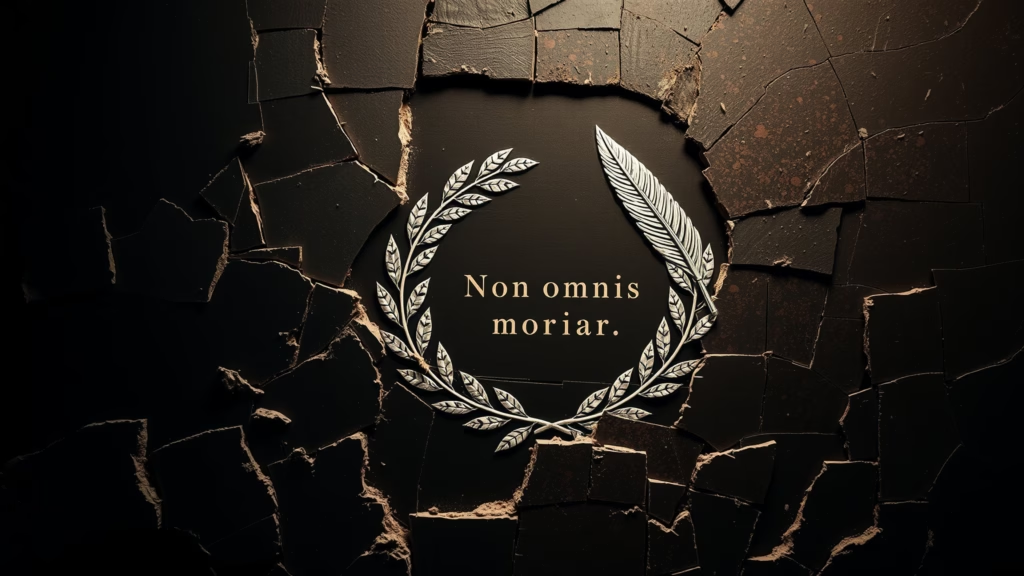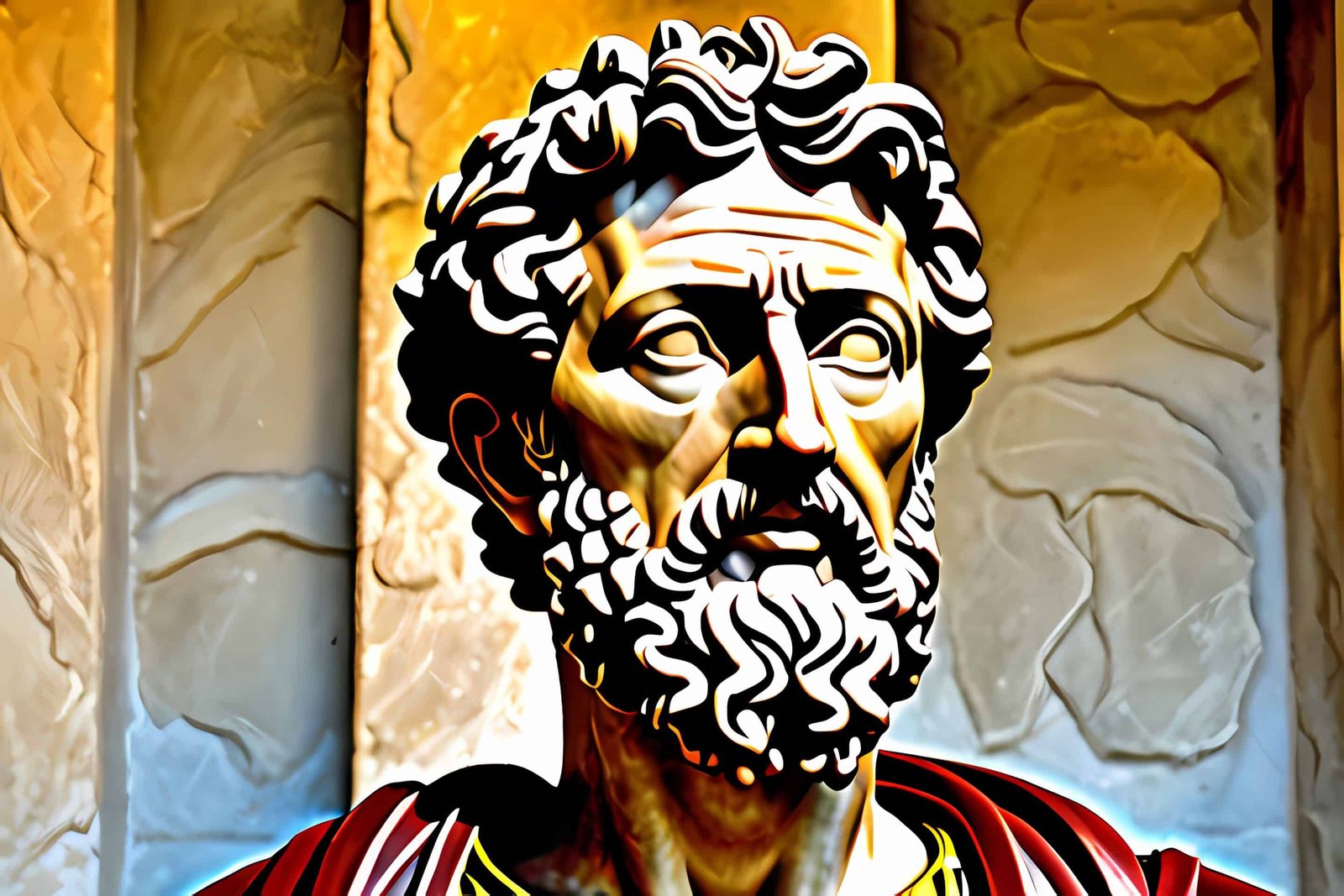In ancient Roman literature, few names shine as brightly as Quintus Horatius Flaccus, more commonly known as Horace. A poet, satirist, and philosopher, Horace left an indelible mark on the world of literature and beyond. His works penned over two millennia ago, continue to inspire and guide individuals seeking wisdom and personal growth. One of his most enduring quotes, “I shall not wholly die” (Latin: “Non omnis moriar”), offers a powerful message that resonates with personal development students in present times.
Who was Horace?
Born in 65 BCE, Horace was a Roman poet, critic, and philosopher who rose to prominence during the reign of Augustus Caesar. His life had a series of fortunate events, including being discovered by the poet Virgil, who introduced him to the imperial court. Horace’s writings reflect his experiences as a soldier, a philosopher, and a member of the Roman elite. His poetry and satires contain elements of wit, humor, and insight into human nature. Through his works, Horace aimed to promote the values of moderation, wisdom, and the pursuit of virtue.

Horace’s Basic Philosophy
Horace’s philosophy is rooted in Stoicism, a school of thought emphasizing reason, self-control, and inner strength. He believed in living a simple, virtuous life, free from excesses and hubris. Horace advocated for the cultivation of wisdom, the pursuit of knowledge, and the development of a strong character. His philosophy contains elements of Epicureanism, which emphasizes the importance of moderation, friendships, and the avoidance of physical pain and mental distress. Horace’s writings encourage individuals to focus on the present moment, appreciate life’s beauty, and strive for personal growth and self-improvement.
The Inspirational Power of “I Shall Not Wholly Die”
The quote “I shall not wholly die” is taken from Horace’s poem “Odes,” Book III, Ode 30. In this poem, Horace reflects on the transience of life and the inevitability of death. However, he asserts that even in death, a part of him will survive, living on through his writings and the memories of those touched by his work. This quote has become a testament to the enduring power of art, literature, and human legacy.

For personal development students, “I shall not wholly die” offers hope and Inspiration. It reminds us that our lives are not defined solely by our mortal existence but by our impact on others, our contributions to the world, and the wisdom we gain and share. This quote encourages us to focus on the following aspects of personal growth:
1. Legacy: Our actions, words, and creations have the potential to outlast us and leave a lasting impact on future generations.
2. Resilience: Even in the face of adversity, we can find the strength to persevere and create something of value that will endure beyond our physical presence.
3. Purpose: Our lives have meaning and purpose, and we can strive to make a positive difference in the world, leaving behind a legacy that will inspire and motivate others.
4. Personal growth: By cultivating wisdom, virtue, and self-awareness, we can transcend our limitations and achieve a sense of immortality through our contributions to the world.
Applicability to Personal Development Students
In present times, Horace’s quote, “I shall not wholly die,” offers a powerful reminder of the importance of personal growth, legacy, and purpose. As students of personal development, we can apply this philosophy in the following ways:
1. Pursue your passions: Invest time and energy in activities that bring you joy and fulfillment. These will outlast you and leave a lasting impact on others.
2. Cultivate meaningful relationships: Nurture friendships and connections with others, as these will be the relationships that will help your legacy endure.
3. Develop a growth mindset: Focus on continuous learning, self-improvement, and personal growth, as these will be the keys to unlocking your full potential and leaving a lasting impact on the world.
4. Find your purpose: Discover your values, strengths, and passions, and use these to guide your actions and decisions. This will ensure that you live a life that is true to who you are and what you stand for.
In conclusion, Horace’s quote, “I shall not wholly die,” offers a timeless message of Inspiration and hope. By embracing the principles of Stoicism and Epicureanism and by focusing on personal growth, legacy, and purpose, we can transcend our limitations and achieve a sense of immortality through our contributions to the world. As personal development students, we can apply this philosophy to our lives, striving to impact others positively and leaving behind a lasting legacy that will continue to inspire and motivate future generations.







